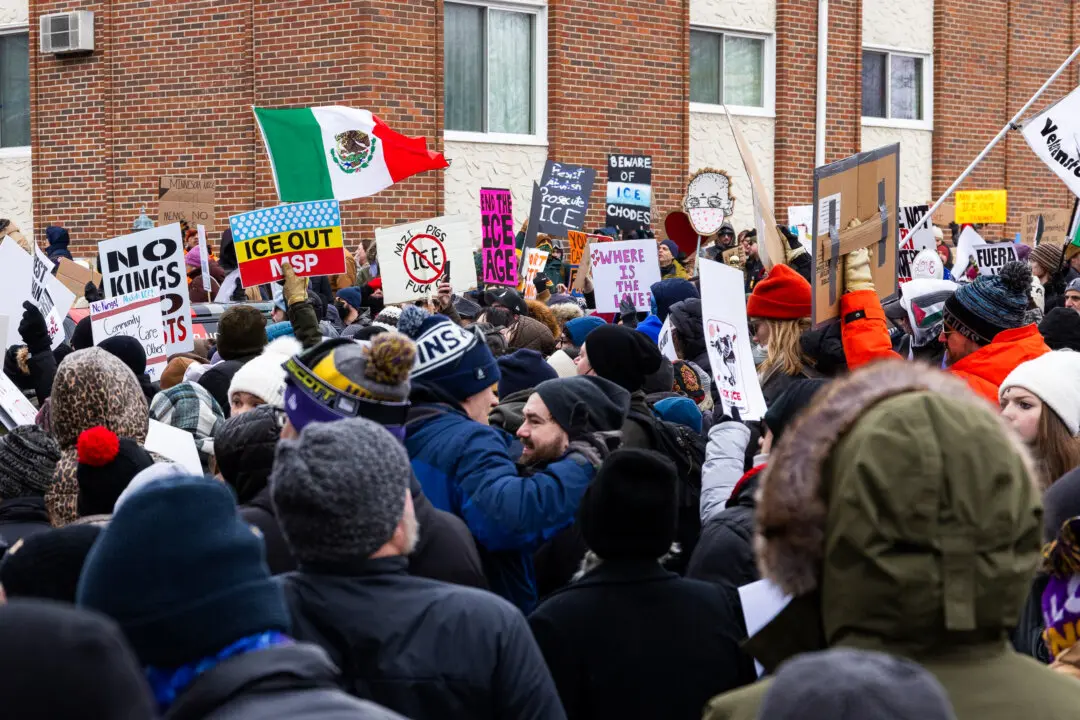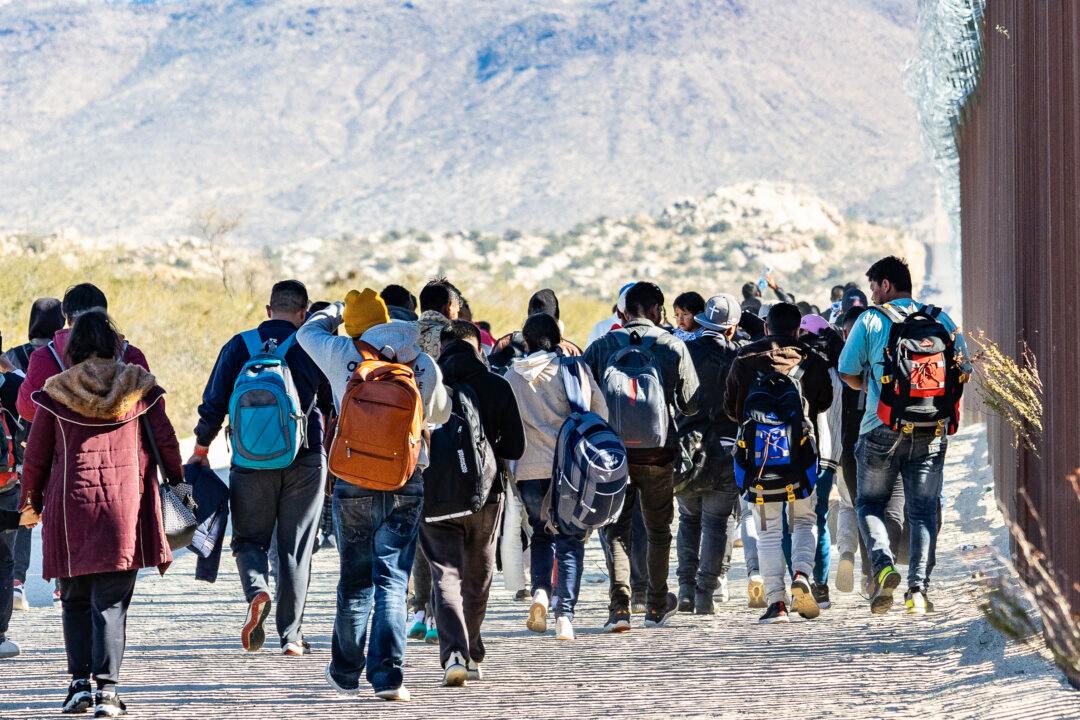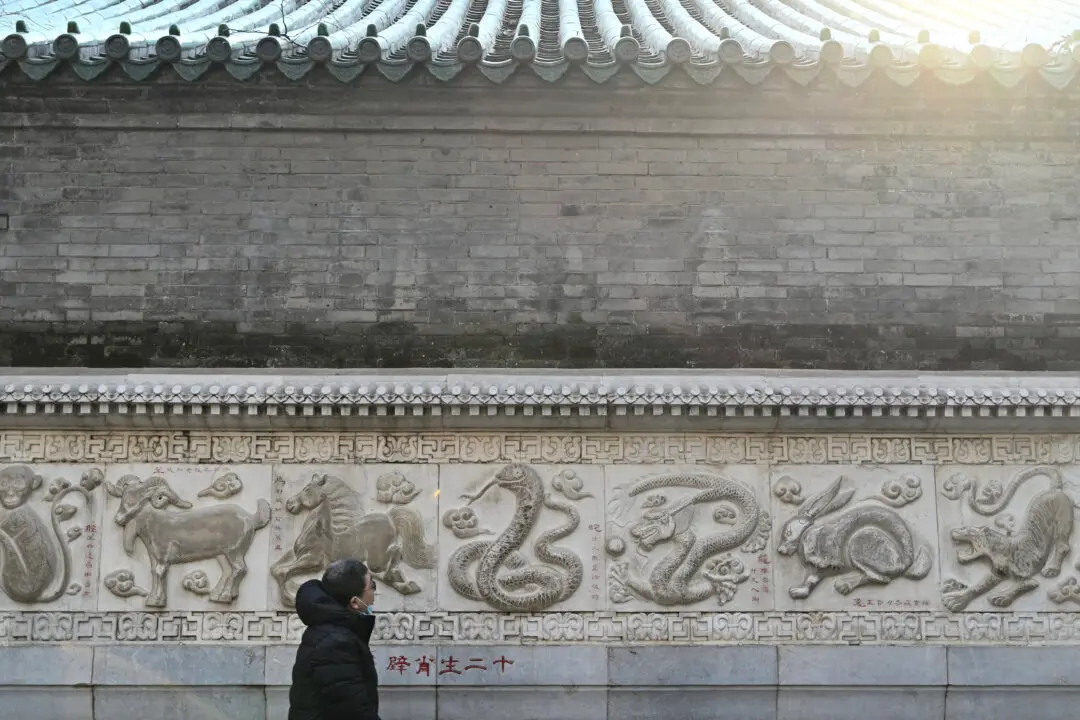Commentary
Recent news reports continue to expose controversial problems with election integrity associated with the 2020 elections in several states. The prevailing narrative has been that the election was the “most secure” ever, although a stream of revelations pointing to real problems with election systems in several states is undermining that belief.





